The Role of Buddhist Spiritual Leaders in Humanitarian Response: A Listening Dialogue of the JLI South-East Asia Hub
Nonglak Kaeophokha
Program Manager, Spirit in Education Movement, Thailand
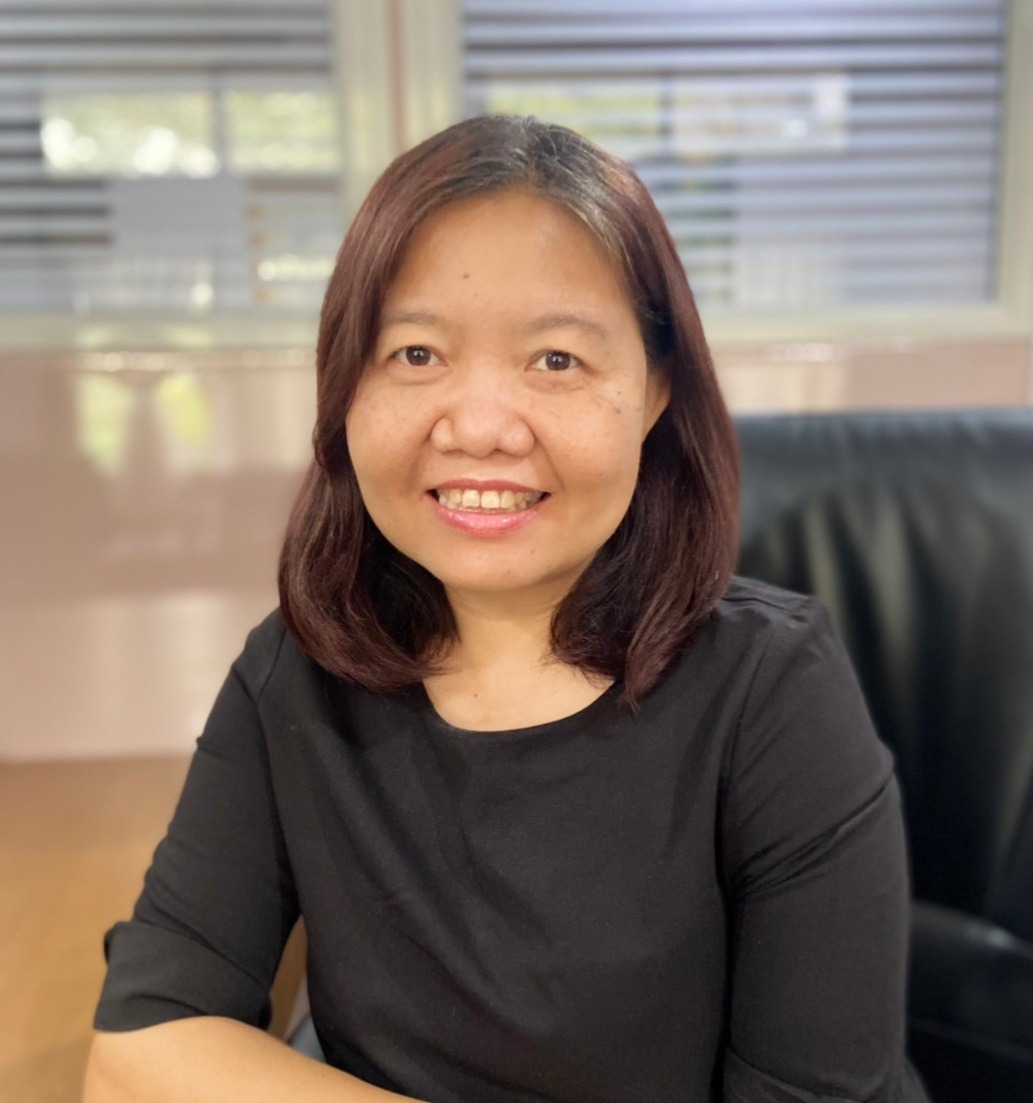
Rita Litwiller
International Network of Engaged Buddhists, Thailand
Greetings from Thailand where the International Network of Engaged Buddhists (INEB) and the Spirit in Education Movement (SEM) initiated a pilot project in the Thai western border town of Mae Sot. While the project intended to examine the role of Buddhist spiritual leaders with regard to anti-human trafficking activities in the cross border area between Thailand and Burma, we soon learned how complex the situation is, as well as needing a new starting point.
During several intensive visits to Mae Sot in December 2022, February, and March 2023, Thai Watanaram Temple was identified as the Buddhist temple to collaborate with for the Southeast Asia (SEA) Hub. Key partners were also identified among the local civil society organizations. and one international non-governmental organization.
On the afternoon of March 30, a listening dialogue was facilitated between the temple, and the project partners with SEM staff facilitating the exchanges. Twenty two people attended the listening dialogue session with the majority (13) being from the temple and the remainder from the partners, as well as SEM and INEB. During the two and one half hour dialogue, all conversations were translated back and forth from Thai to Burmese and English. The ongoing translation provided another deeper level of understanding.
While seated on the temple floor, we listened to the abbot and an assistant monk share their perspectives about the current situation, their roles at the temple, and the particular challenges they face as the steady influx of people fleeing to Thailand from Myanmar increases. Because of the sensitive situation, forming trusting relationships are essential by learning as much as possible firsthand and acknowledging the diverse experiences and trauma often experienced by people arriving in Mae Sot.
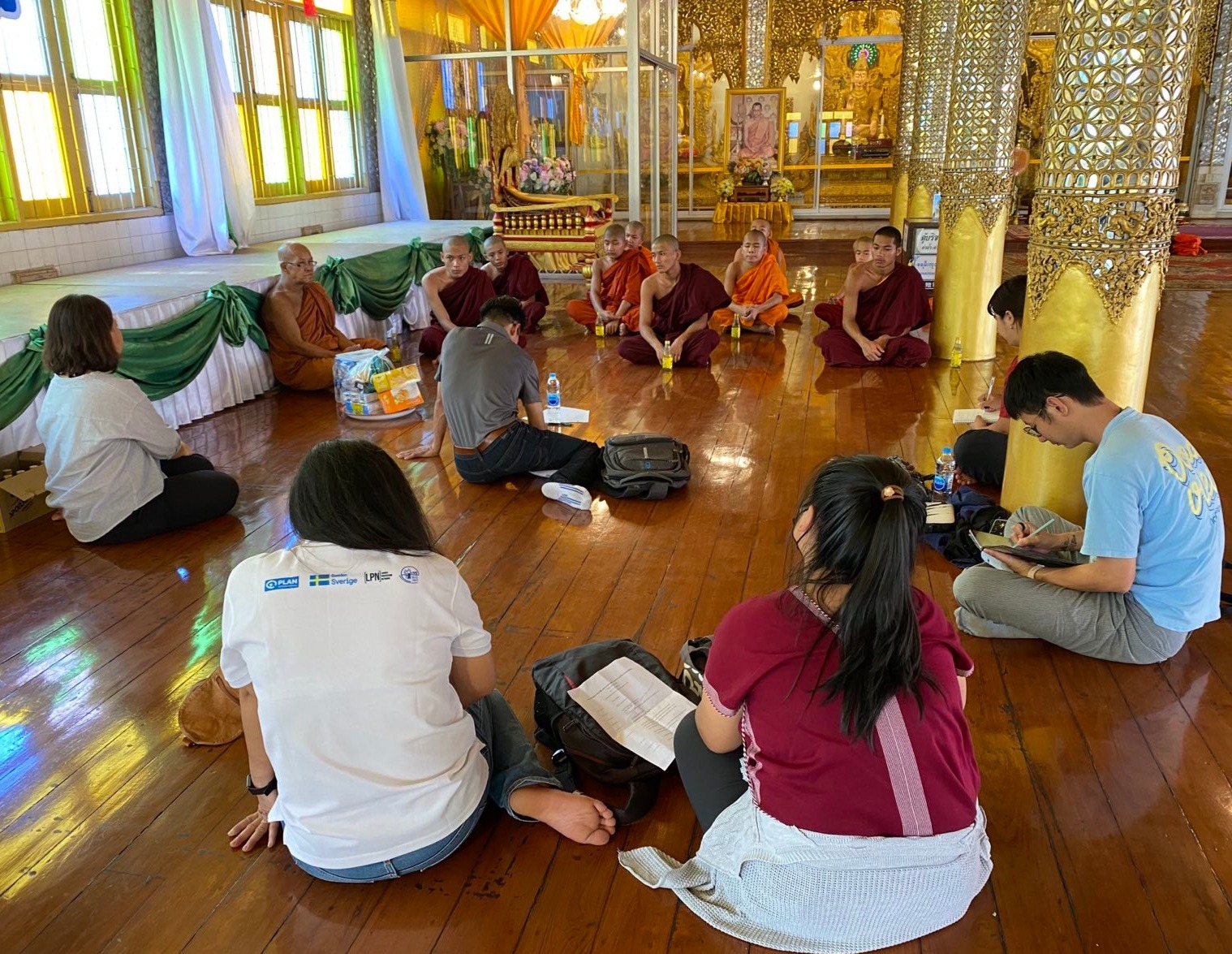
The abbot clearly described the main problem was providing education to the children staying at the temple. Also, these children have limited access to social services. Many children staying at the temple face difficulties because they do not have documents such as an identity card, passport, etc. He also emphasized that religious organizations cannot stand alone and need support from the local communities, as well as from the outside, which can ultimately help the children go further. The abbot is open to collaborating with local organizations and willing to continue the dialogue among the partners about the opportunities for supporting the children.
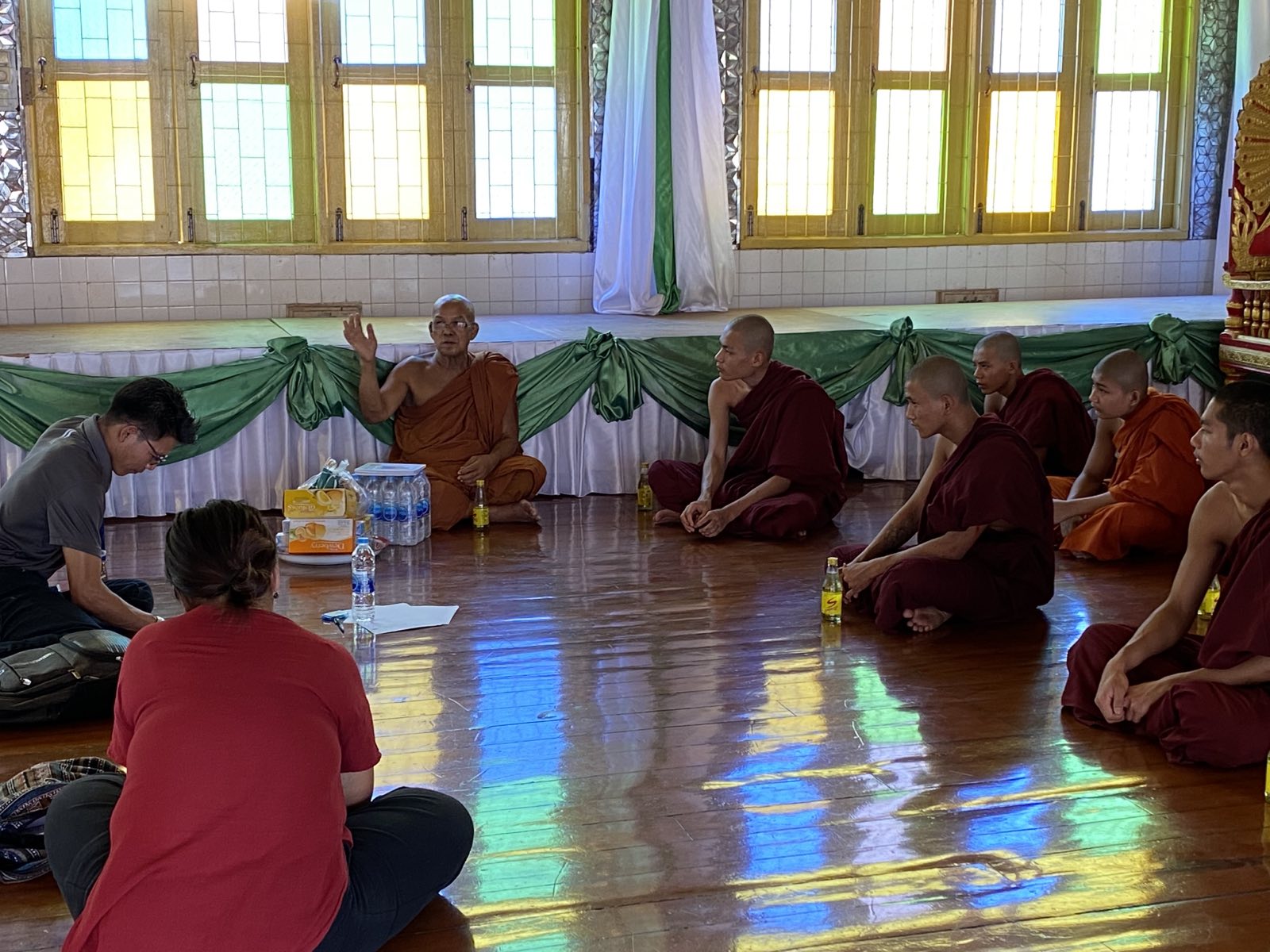
We learned that it was too soon to begin working directly on anti-human trafficking activities. The abbot clearly mentioned the need for humanitarian support and children’s education and basic rights. We agreed to find ways to support the temple such as teaching Thai and English classes, providing specific types of training regarding protecting children from violence and sexual abuse. The partners will look at whether their organizations can provide essential ways to support the children staying at the temple.
Our listening dialogue has just begun and INEB and SEM are committed to the project’s growth and learning together with the partner’s support. This is a first step for us to create locally-led joint learning initiatives for advancing research and evidence on the role of religious actors in the areas of humanitarian assistance, development, peacebuilding, etc. We will continue to share our journey with you.

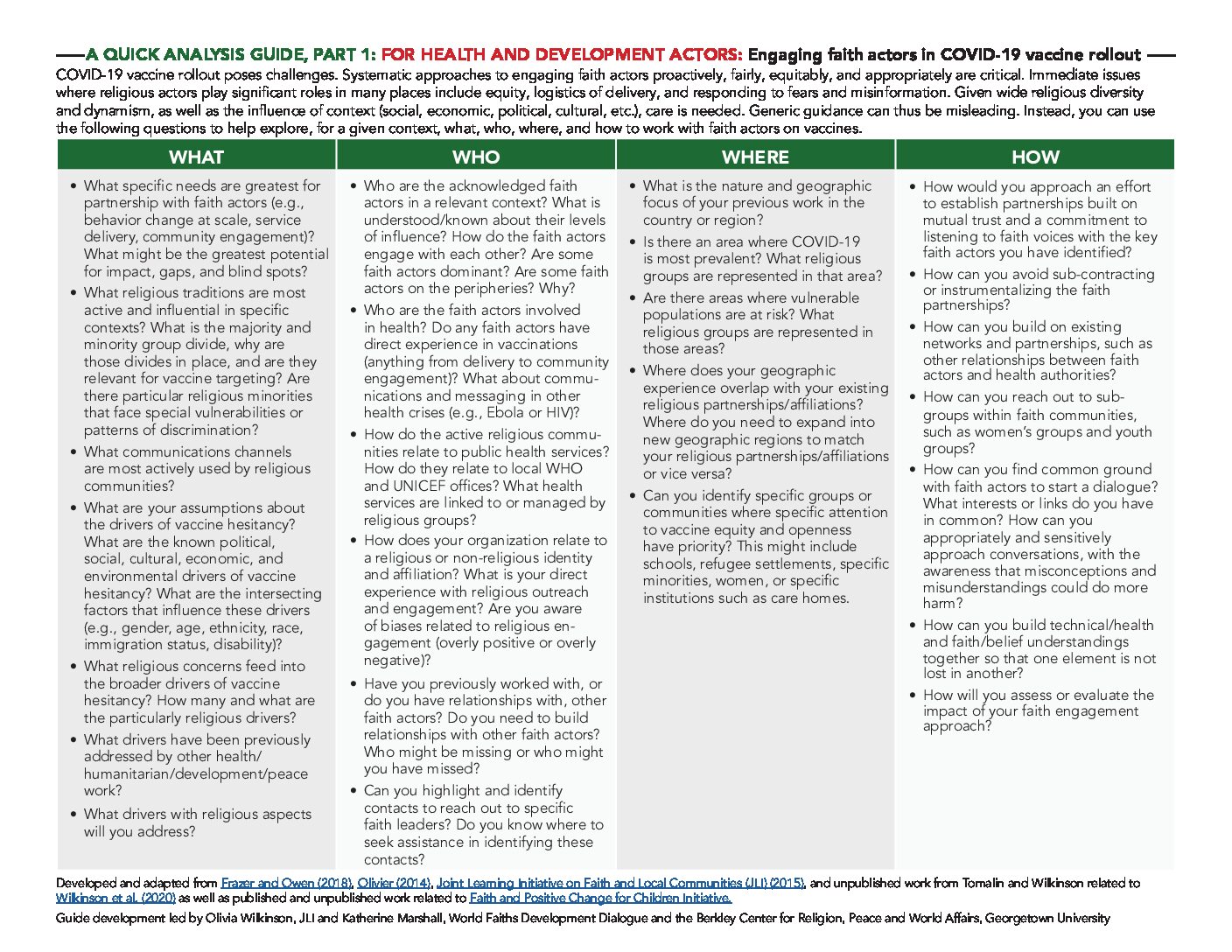
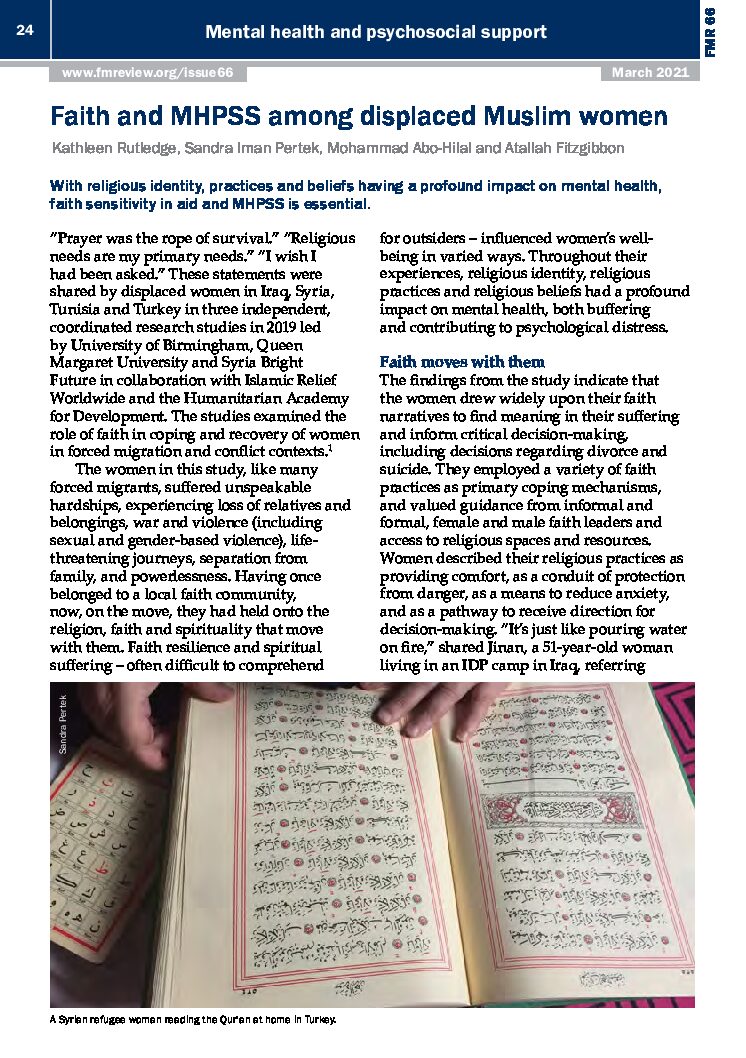
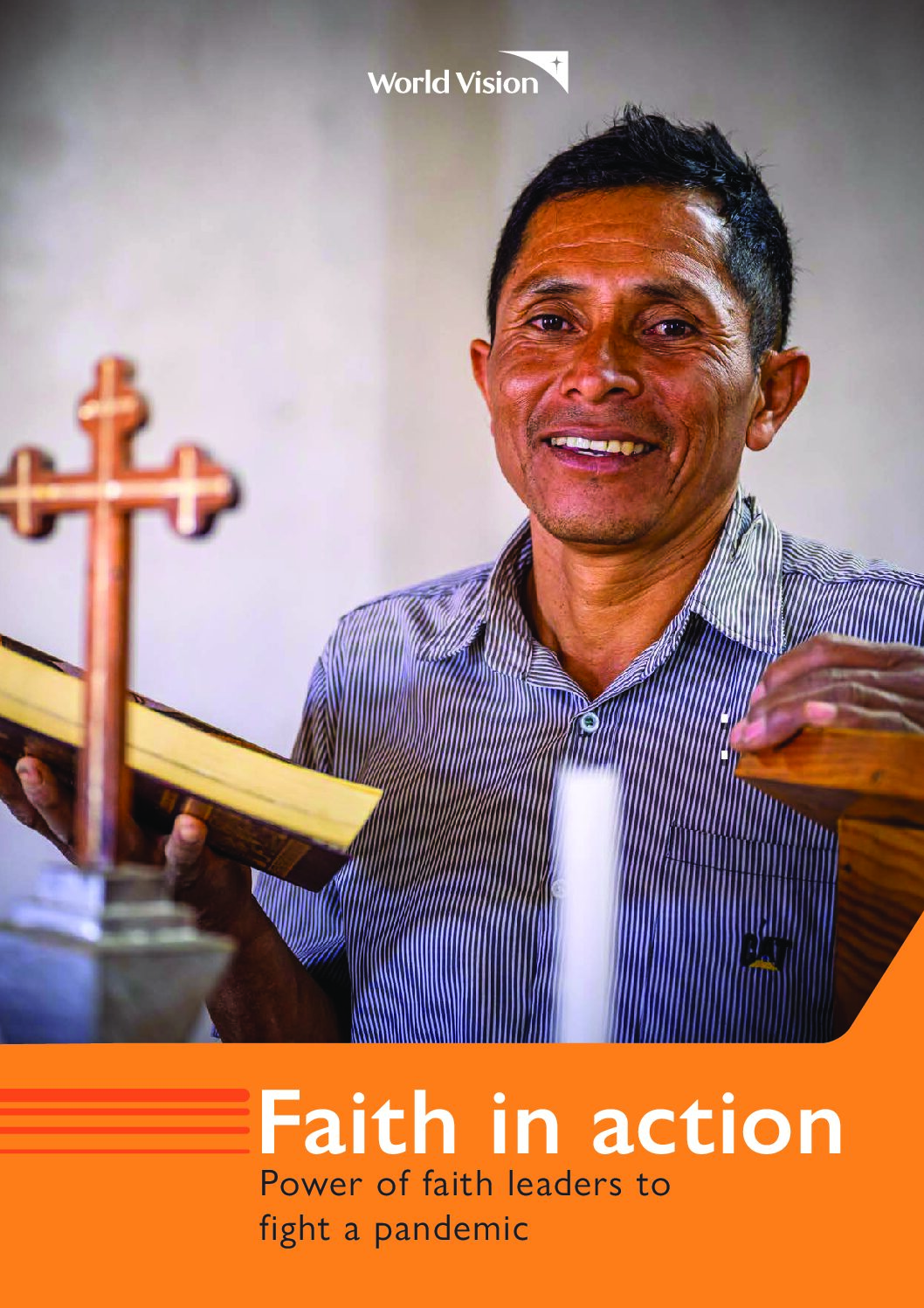
0 Comments